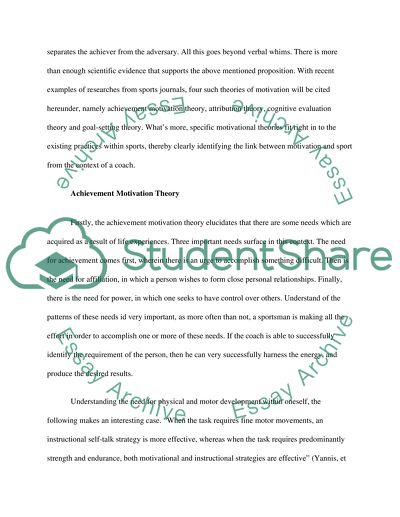Cite this document
(“How a Sports Coach Could Motivate the Athletes Term Paper”, n.d.)
How a Sports Coach Could Motivate the Athletes Term Paper. Retrieved from https://studentshare.org/sports-and-recreation/1512748-sports-psychology-essay
How a Sports Coach Could Motivate the Athletes Term Paper. Retrieved from https://studentshare.org/sports-and-recreation/1512748-sports-psychology-essay
(How a Sports Coach Could Motivate the Athletes Term Paper)
How a Sports Coach Could Motivate the Athletes Term Paper. https://studentshare.org/sports-and-recreation/1512748-sports-psychology-essay.
How a Sports Coach Could Motivate the Athletes Term Paper. https://studentshare.org/sports-and-recreation/1512748-sports-psychology-essay.
“How a Sports Coach Could Motivate the Athletes Term Paper”, n.d. https://studentshare.org/sports-and-recreation/1512748-sports-psychology-essay.


